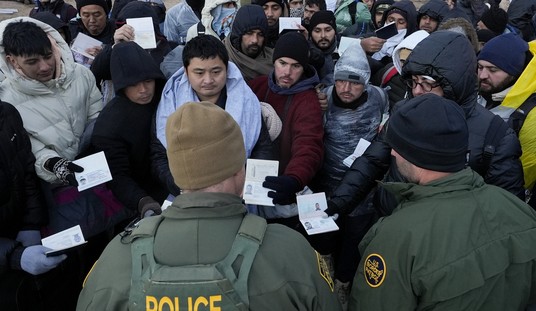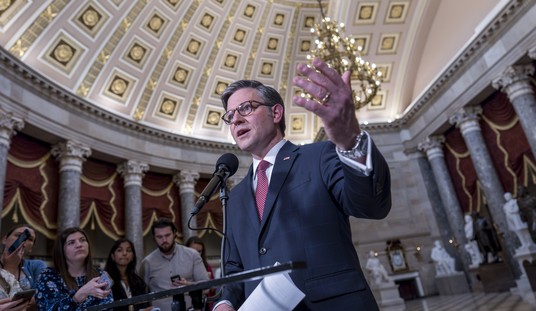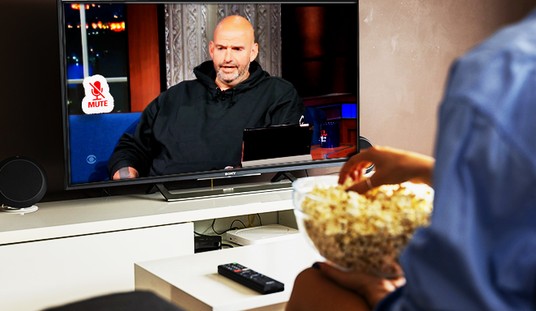I saw the news yesterday announcing that the statewide face mask mandate in Indiana had ended. This had been previously announced, so I doubt many people were caught by surprise. But the CBS News coverage of the story highlighted the fact that while the mandatory order had expired, how individual cities, counties, and even individual businesses would handle the question of mask usage would be up to them. They cite a few examples of the different ways that businesses plan to deal with the question. But that should prompt another question in the minds of the state’s residents. If it’s not seen as a requirement by the government, can those rules be enforced in an establishment that serves the entire public?
Indiana’s statewide mask mandate expired at 12:01 a.m.Tuesday. That means some northwest Indiana businesses are left to decide whether to continue to require masks.
Changes will vary from town to town and even from business to business. The owner of one theater for example says “masks required” signs will come down and be replaced with “masks recommended” signs.
“We are indeed living in changing times,” said Tom Lounges, whose store Record Bin is just two doors down.
But for now at least one thing will stay the same at the Record Bin: He will still turn away customers who refuse to wear a mask, even as the mask mandate expires for Hobart and the state of Indiana.
I’m not sure if this will come up in any sort of lawsuit (or really if it even should), but it’s worth considering the question of how far a business that has a mandate to serve everyone in the public equally can go in terms of what they are wearing. If the government no longer requires you to wear a face mask while going about your daily business, can you be refused service or even entry based on the option you prefer?
One part of me immediately looks to the free market for an answer. If a store has a sign up saying that face masks are required and you choose not to wear one, you are free to vote with your wallet and take your business elsewhere. But that sort of position is not allowed in many other cases. The most extreme one that comes to mind is the hypothetical diner that posts a sign saying “whites only.” The owner would quickly find themselves on the losing end of a court case and likely lose their license.
But when it comes to issues not involving constitutionally protected classes such as apparel, how many requirements can a public place of business impose on its customers? As it turns out, they probably have more discretion than some of us might guess. There are no states in the country requiring patrons of restaurants to wear shoes or shirts, but the courts have held that business owners can enforce that rule provided it is enforced evenly for all customers. And that’s not even a rule that’s applied for any significant health-related reason.
Without a government mandate requiring the use of face masks in response to a declared state of emergency, will the courts now treat masks as nothing more than another piece of apparel should the question arise in a lawsuit? If that’s the case, a majority of the states have laws on the books that actually forbid the wearing of face coverings in public. New York has had an anti-mask law on the books since 1845. (A fact that was conveniently forgotten once the pandemic mask mandate was put in place.)
One newspaper in Indianapolis asked a constitutional law professor at the Indiana University’s Maurer School of Law whether or not businesses could enforce a face mask rule. He said that they can “in general” but didn’t cite any court precedents to back up his conclusion. Just for the record, Indiana still has anti-mask rules on the books at both the state and local levels. Those laws have come up in a variety of court cases as recently as 1999 when the KKK fought against an anti-mask ordinance intended to prevent them from protesting with anonymity.
In the end, it appears that private businesses will be able to require face masks, provided that the rule is applied evenly to everyone and exceptions are made for those with medical conditions that would make wearing a face mask problematic. But I’ll be surprised if somebody doesn’t at least try to challenge them in court anyway.








Join the conversation as a VIP Member